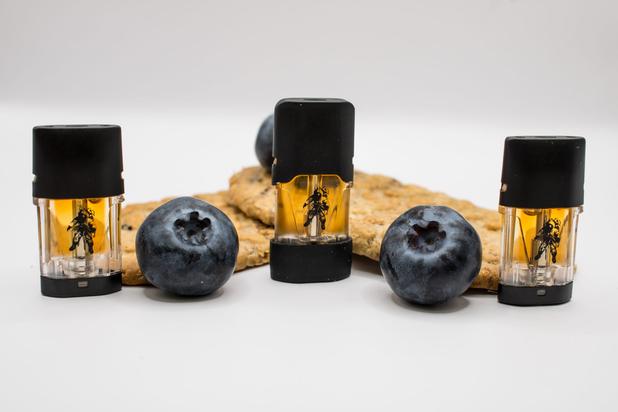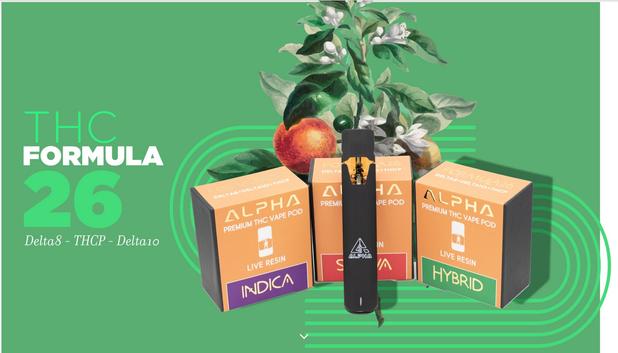What is THC-P, and What Makes It So Special?
Tetrahydrocannabiphorol is a naturally occurring cannabinoid that was discovered only in late 2019. A group of cannabis researchers uncovered it by accident when applying the more advanced chromatography-based analysis methods to a sample of the hemp plant. That being said, this is a completely natural cannabinoid that exists in hemp, in very, very trace amounts.
It’s not a synthetic cannabinoid, and it has been in the plant since the plant’s existence, despite us only knowing about it recently. The key thing that makes THC-P such a fascinating cannabinoid is how it appears to attach to CB1 receptors in the brain at about 33 times the rate of delta 9. Basically, it offers some pretty powerful effects that can put other cannabinoids to shame—no offense to delta 9, delta 8, delta 10,and the like. THC-P products are the pinnacle products on the market.
Has THC-P Been Researched?
We’re glad you asked—Yes, THC-P is a cannabinoid that has been studied by researchers. This paper comes from the same researchers who first discovered the cannabinoid, but because the cannabinoid has been around for less than a few years, there isn’t a lot of material available to learn more about it.
Fortunately, the research conducted by the initial team is surprisingly thorough, giving us a lot of necessary information about the cannabinoid’s relationship with the body’s endocannabinoid system (ECS), a number of potential properties, and its potency.
What Are the Effects and Benefits of THC-P?
The only other information we have on THCP is from reviews, and luckily MedPlex Labs has a lot of them. In fact, MedPlex has over 1,500 five star reviews on their Leafly page from customers. Most of them state benefits for severe pain, anxiety, and sleep insomnia. However, they also say if they take too high of a dose, they will feel effects for a long time. Which may be a benefit for many, but it is something to keep in mind.













